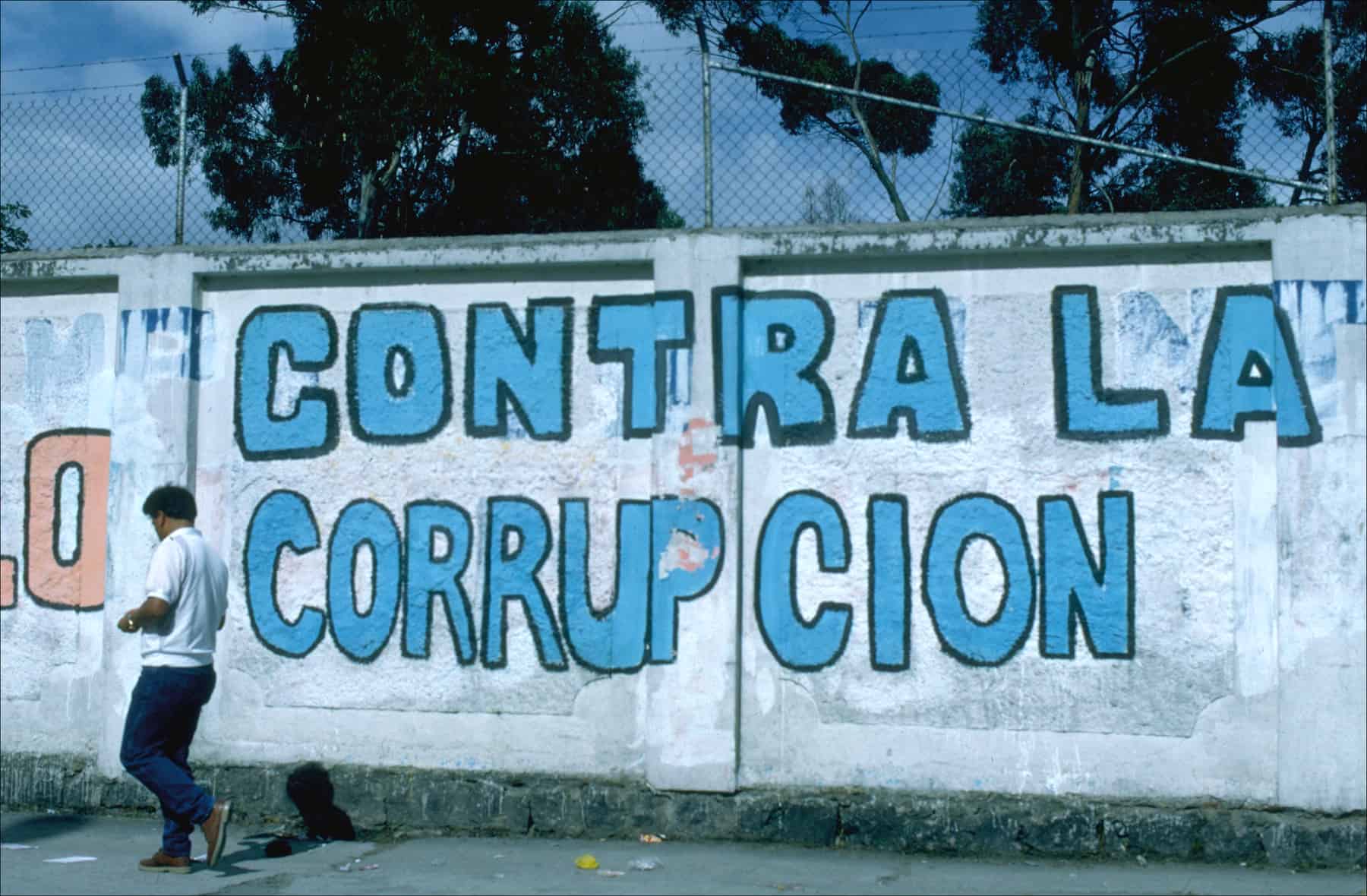The perception of corruption leads to actual corruption, according to a Costa Rica-based survey from the Inter-American Development Bank.
The survey found a “statistically significant” increase in respondents’ willingness to bribe a police officer after they were told that corruption was on the rise in Costa Rica. The survey, conducted by Borges y Asociados, collected responses from 4,200 adults living in the Greater Metropolitan Area, covering San José, Alajuela, Cartago and Heredia.
The study supports the notion that corruption is a “self-fulfilling prophesy,” where someone’s willingness to engage in corruption depends on their perception of corruption in society.
In this case, respondents were asked how willing they would be to bribe a police officer to avoid punishment. One group was told that corruption was on the rise or given a flier pointing out judicial inefficiency in Costa Rica while the other did not receive any additional information. Respondents were 28 percent more likely to bribe the police officer after being told the country was more corrupt than the control group.
The IDB’s survey doesn’t necessarily say something about how corrupt Costa Rica is but rather how participants responded to the perception of corruption. According to Transparency International, an organization that tracks corruption globally, Costa Rica was perceived as the least corrupt country in Central America in 2014.
Costa Rica scored 54 on a scale of zero to 100, with zero being the most corrupt and 100 representing the cleanest. The non-militaristic country tied for 47th place worldwide this year, along with Hungary and the African island nation of Mauritius. Chile and Uruguay, which both scored 73, were the least corrupt in Latin America.
See a map of the latest TI results below:






